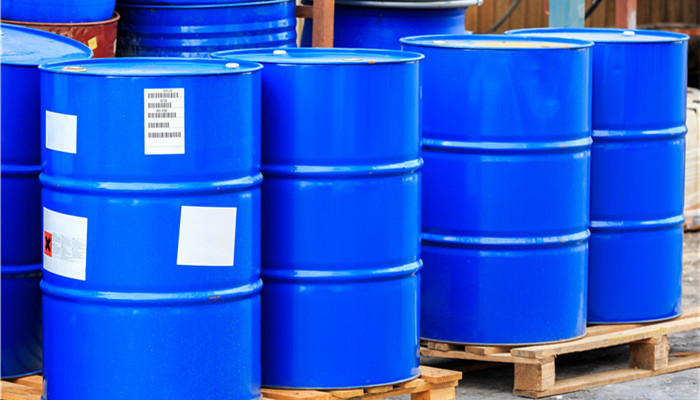
The PGA (polyglycolic acid) industry has huge development potential, but it still faces many problems.
PGA (polyglycolic acid), also known as polyglycolic acid and polyglycolide, is a linear aliphatic polyester polymerized by glycolic acid and has a high degree of crystallinity. PGA (polyglycolic acid) has excellent biodegradability, biocompatibility, heat resistance, gas barrier properties and mechanical strength. It is a synthetic polymer material with good biodegradability and biocompatibility. Different from traditional polymer materials with stable performance such as plastics and rubber, PGA (polyglycolic acid) as a material gradually degrades after being used for a certain period of time, and eventually turns into water and carbon dioxide that are harmless to the human body, animals, plants and the natural environment. , so it can be used in medical, packaging, textile, disposable sanitary products and other fields.
At present, it has become a global consensus to use degradable plastic alternatives to solve “white pollution”. In 2020, China implemented a plastic restriction policy to promote the rapid growth of the market scale of degradable plastic products and related products. As a raw material for degradable products with excellent performance, PGA (polyglycolic acid)’s market demand continues to expand driven by policies. Stimulated by the growth of market demand, China’s PGA (polyglycolic acid) industry continues to develop, especially in the past two years, as large state-owned enterprises such as Sinopec and China Energy Group have entered the PGA (polyglycolic acid) production field, planning and building large-scale production Base, the PGA (polyglycolic acid) industry may enter a period of rapid industrialization development in the future. According to the released “2022-2026 China PGA (Polyglycolic Acid) Industry Market Monitoring and Future Development Prospects Research Report” , in 2021, China’s PGA (polyglycolic acid) industry has a production capacity of nearly 5,000 tons, but the actual output is low and the capacity utilization rate is not high. Analysts believe that China’s PGA (polyglycolic acid) currently has many problems. The main problems are as follows:
1. Small production scale
There are few enterprises in the industry that can master PGA (polyglycolic acid) production technology and realize industrial production. Currently, there are only a few enterprises such as Tongliao Jinmei and Pujing Chemical Industry, and the production scale of each enterprise is relatively small, which has become a restriction for PGA. (Polyglycolic acid) is an important factor in market expansion and supply growth. First, a smaller production scale means that economies of scale are difficult to show, resulting in relatively high production costs. Secondly, there are few companies and small production scales, which makes industry competition more relaxed. Companies in the industry increase investment in technology research and development, develop different types of products, There is insufficient motivation to improve competitiveness through market development and other measures, which is not conducive to activating the vitality of the industry and improving the overall competitiveness of the industry.
2. Modification technology and market application are immature
Although PGA (polyglycolic acid) has good biocompatibility and good degradability, it has problems such as insufficient toughness and difficulty in processing, and needs product modification. However, due to the relatively late development of domestic PGA (polyglycolic acid) application technology and the difficulty of PGA (polyglycolic acid) modification technology, there are relatively few domestic companies that can successfully modify PGA (polyglycolic acid) and launch corresponding products. few. The limitations of modification technology and the immaturity of downstream market applications have become important factors limiting the large-scale entry of PGA (polyglycolic acid) into the market.
3. Policy restrictions
PGA (polyglycolic acid) is a chemical product. In addition, there are dangerous process links in the production process, especially the monomer preparation and purification links. There are problems such as hazardous processes, hazardous material management, and sewage treatment. In recent years, China’s environmental protection policies have become stricter, and production safety issues have also received widespread attention from all walks of life. Against this background, governments at all levels have adopted relatively strict administrative approval and supervision for the chemical industry, which is a large pollutant emitter and prone to dangerous accidents. Measures are not conducive to the construction, production operation and production capacity expansion of PGA (polyglycolic acid) production lines.

 微信扫一扫打赏
微信扫一扫打赏

